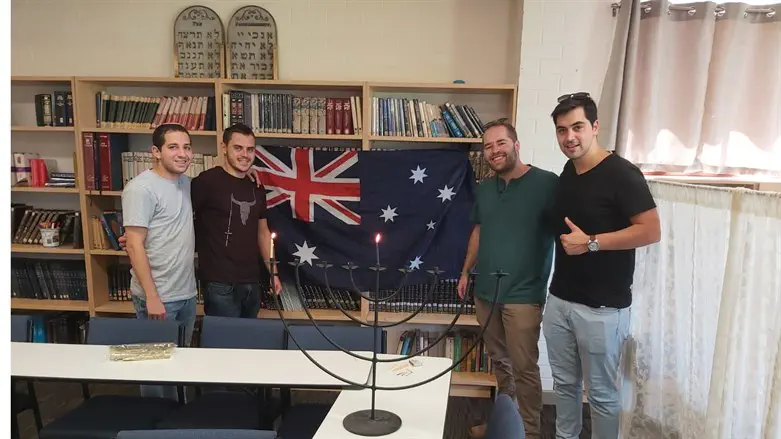
Parashat Bo contains the fateful moment when Pharoah frees the Jewish people from centuries of servitude. But don’t they simply continue to serve, even if now God is the Master? Perhaps there is a difference.
God, through Moses, encourages the Jewish people to be optimistic and they, almost disregard His words: ‘but they did not heed Moses, because of shortness of breath and hard work.’[1] The Torah attributes the lack of confidence in Moses to their load of intense work.
Previously, when their hard labour took its toll and they request some time off. Pharaoh acknowledges their request but increases their workload:
On that day Pharaoh ordered the taskmasters over the people and its foremen, saying, ‘you shall no longer give straw to the people to manufacture the bricks as yesterday and before yesterday; let them go and gather straw for themselves. But the quota of bricks that they were making yesterday you shall impose upon them – do not reduce it…’ [2]
Not only do they still have to fill the required quota in the same amount of time but they have to actually make the bricks with which they need to build. This cruel strategic move denies the Jews the head space or time to even think about the world outside of their backbreaking labour.
Today’s Westernised society often compels people to work so hard that often people become slaves to their work. What begins as the innocent intention of earning enough money to provide a comfortable lifestyle for one’s family soon leads to a desperate climb atop the corporate ladder of success. People grow to be so engulfed in the hunt of excess that they begin to lose sight of priorities and forget the more important things in life at the cost of time with family and the pursuit of other endeavours. Instead of people working to live, they begin to live for their work.
Pharaoh knew that by dictating a more demanding workload, the Jewish people would lose sight of the more valuable facets of life. Often we think of ourselves as free in today’s modern world. But even we, as free people, are to a certain degree enslaved to ideas and the pursuit of success. Personal drive, self-induced pressure and competition have become the Pharaoh of today, the master we serve.
Since we will all become a slave to something, we must choose what we serve. To be a servant of God is to be free from the confinements of this world, helping us to achieve the self-awareness that acknowledges and transcends our limitations by identifying with that which has none – the Infinite. Those who serve an existential Master are never really bound by the physical world, as their true essence lies in that which will, so to speak, outlive them. By serving our Creator, we are liberated from the constructs of society that sometimes guide us along a path to self enslavement.
To be a servant of God – an eved Hashem – is the means by which we can elevate ourselves from Homo sapiens into human beings, serving not as a restrictive title, but a key to emancipation.
Sources:
[1] Exodus 6:9.
[2] Exodus 5:6-7.
Rabbi Benjy Levyis Co-Founder of Israel Impact Partners, Keshev, Kehillat Eretz Hemdah and teaches globally. He helped set up Torah MiTzion in Sydney. For comments: benji@rabbibenji.com
Torah MiTzion stands in the forefront of the battle for the future of the Jewish people in the Diaspora, offering religious-Zionist Torah scholarship to Jewish communities throughout the world and strengthening the bond between the Jewish people in the Diaspora and in Israel via the study of Torah.